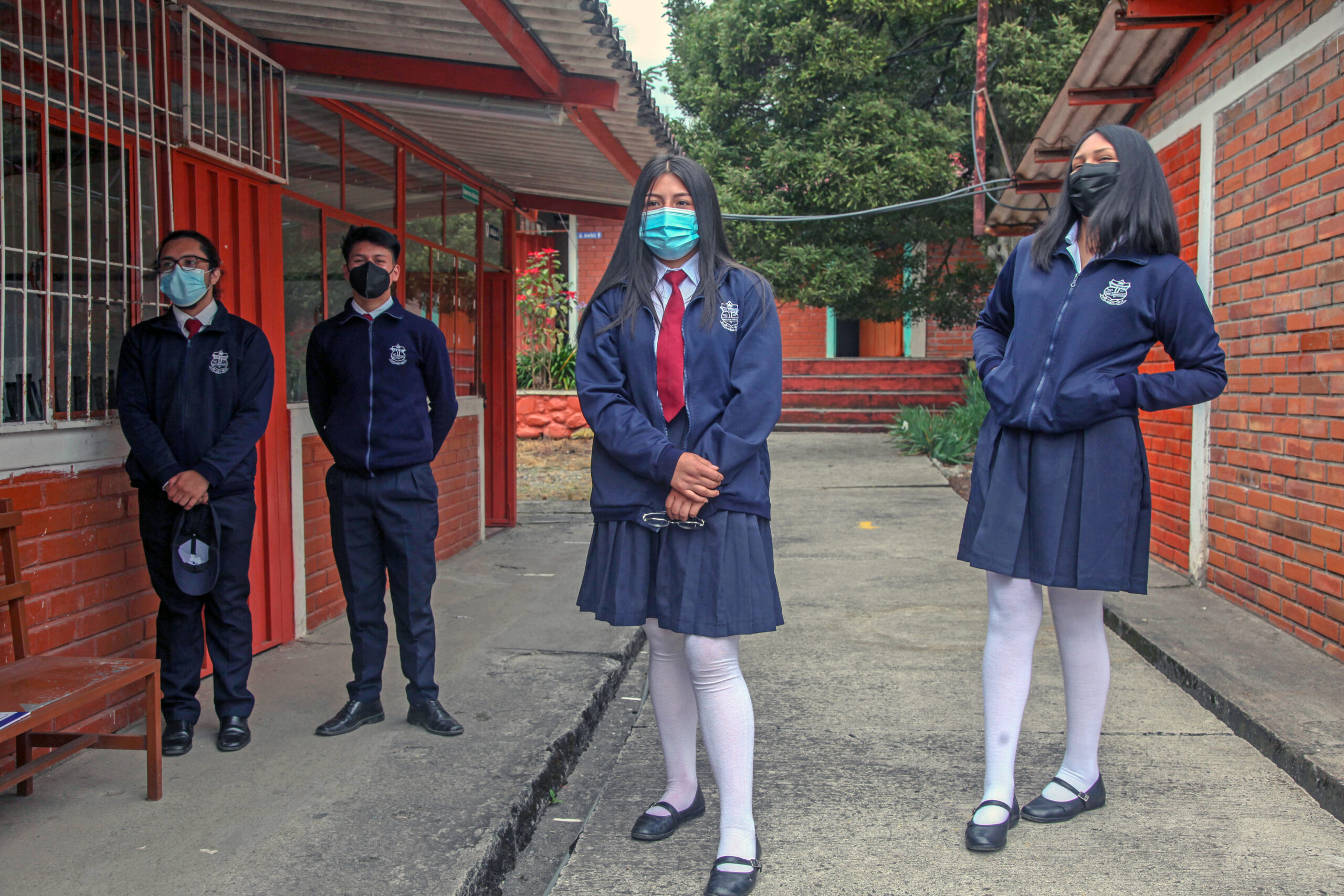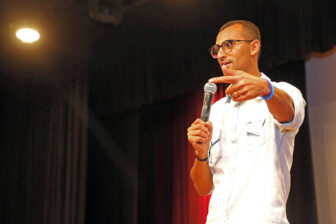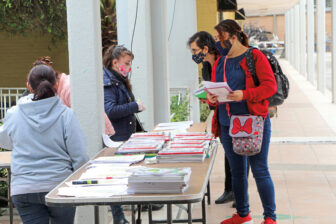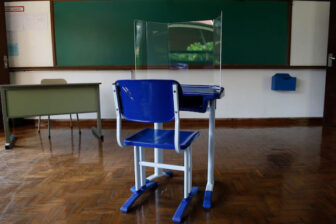This article is adapted from AQ’s special report on the education crisis
COVID-19 severely tested the social infrastructure of countries across the globe, laying bare countless shortcomings that have contributed to the tragedy we have experienced over the last 20 months. In Latin America, the impact of the pandemic has been disproportionate: The region accounts for 18% of global cases and 30% of the deaths, despite representing less than 9% of the world’s population. And when it comes to education, the pandemic’s long-term effects will be felt for decades to come.
As of February 2021, about 120 million school-age children lost at least a full academic year of education. A generation of young people, particularly the most vulnerable, will suffer lasting consequences because of this lost time in the classroom. According to the World Bank, after a year of academic closure, 71% of students in lower secondary education were not able to understand a text of moderate length, compared to 55% pre-pandemic. And the data indicates that these statistics will continue to worsen if schools do not fully reopen.
But educational quality in Latin America was a problem long before Covid. PISA results have persistently lagged even in the region’s best education systems. Latin America must invest in education as its highest priority if it is to compete in the future and provide quality jobs to its population. This requires thoughtful and smart investment, not just more of the same. It also means that teachers need to be willing to accept guidance on how to teach for the future. Educational systems must emphasize reading, writing, science, math and technology skills from the very beginning of a student’s education. And as students approach high school with a strong skills base in reading and math, technical apprenticeships and entrepreneurship should be prioritized to prepare students for the work force.
As we emerge from Covid, Latin America must embrace this opportunity to improve educational infrastructure – or it will risk losing its greatest asset: its youth.








